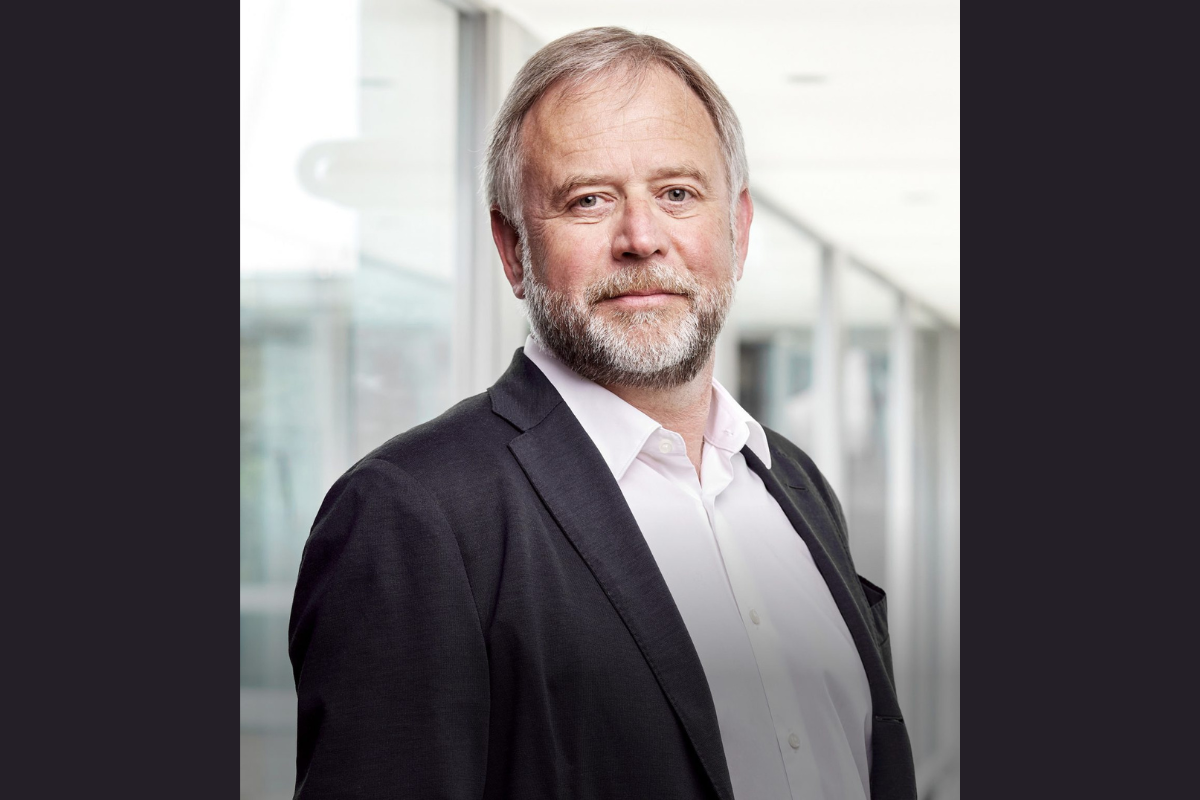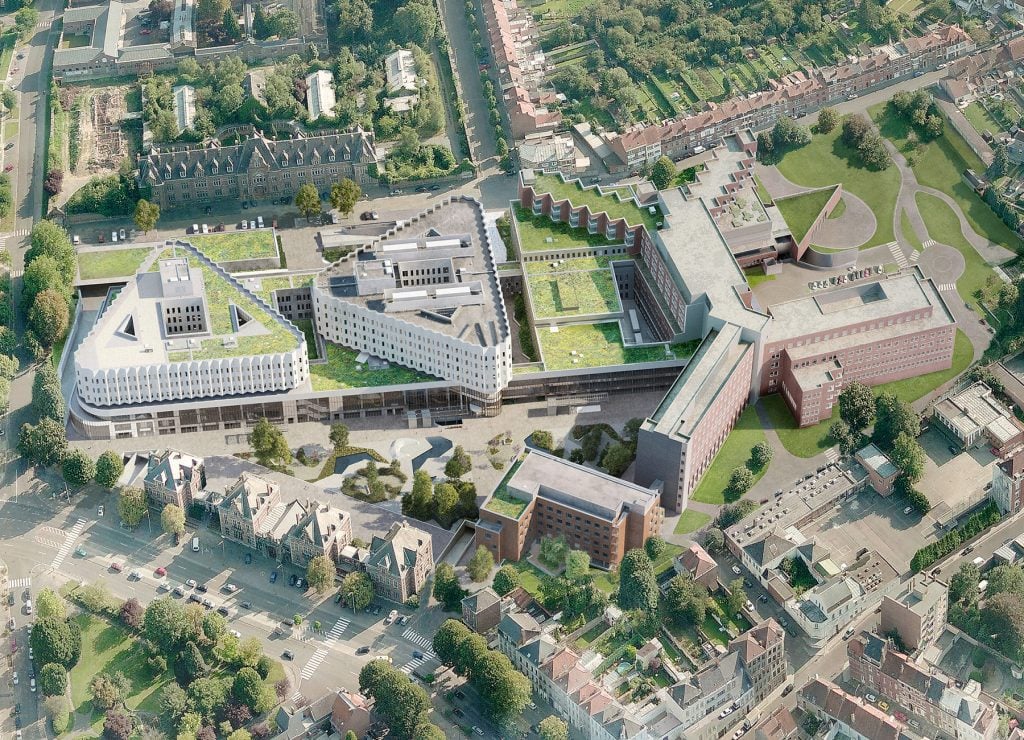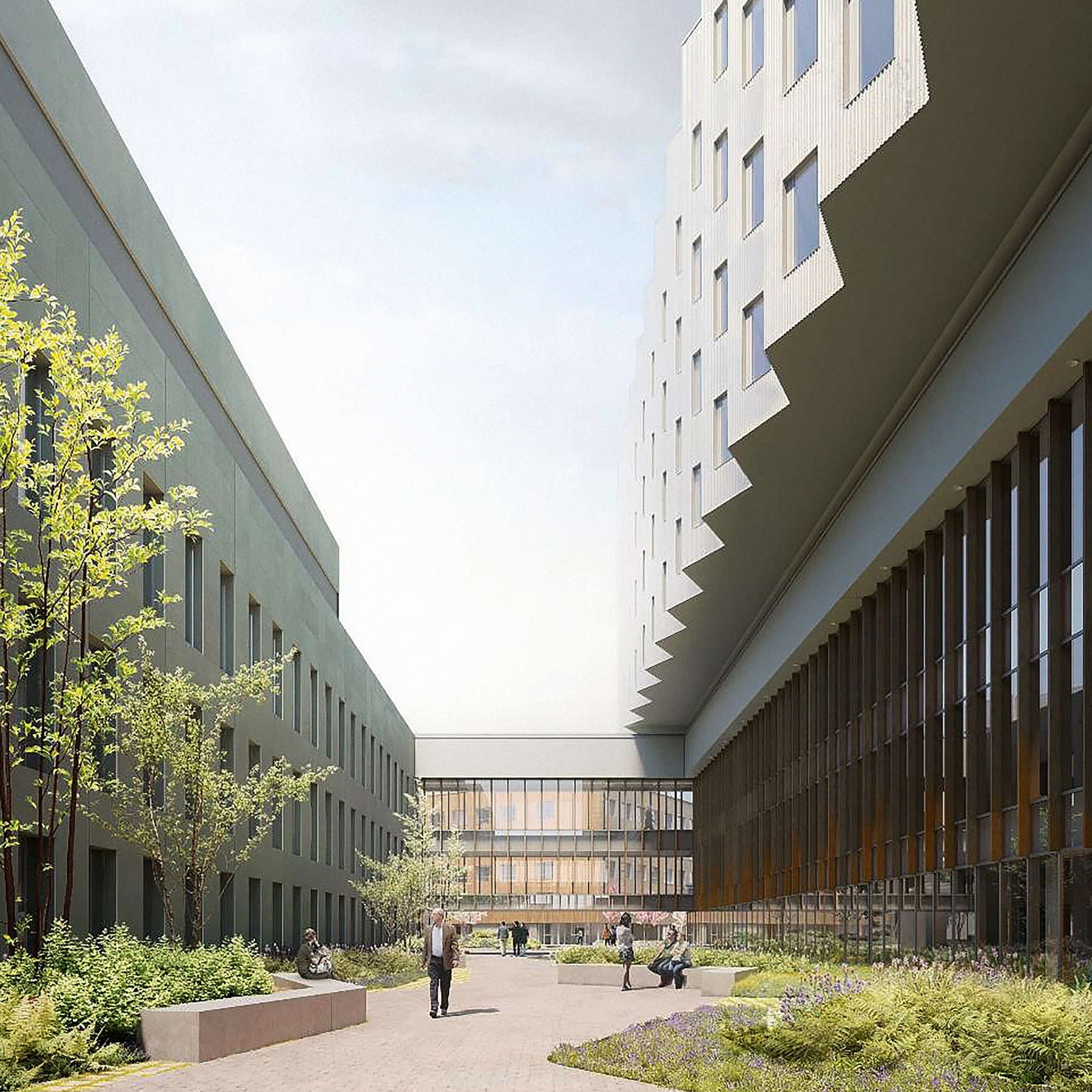Didier Delval started in his role as Managing Director of Belgium’s Centre Hospitalier de Wallonie Picarde (or CHwapi, as it is more commonly known) in September 2016. At that time the hospital in Tournai, a city in the west of the country, was just six years old.

“CHwapi started as the merger of four different hospitals with different cultures and different philosophies in 2010,” he tells The CEO Magazine. The two founding organizations were mutual insurance companies – Mutualité Chrétiennes on the one side and Solidaris on the other.
Delval says that when he started with the hospital in 2016, the organization lacked a common goal, triggered by the recent closure of one of the hospital campuses. But there were plenty of encouraging signs, too. “There was also a positive willingness to develop a new culture, strategy and vision based on collaboration,” he says.
Plus, in CHwapi, he’d joined a hospital with a proven track record. “We had already developed a very high and recognized level of medical and nursing care that we wanted to further grow.”

The security and quality of health care that could be delivered to the patients, as well as corporate efficiency, were the main justifications for the merger into one single place.
A single site
Before his arrival, there had been a question mark hovering over the next steps for the unified health entity. Should it be merged into one or two campuses or left as three? “The day I arrived, a decision had yet to be made,” he says.
Delval set to work creating a strategic plan and soon there was a visible path for the future. By 2025, CHwapi would regroup all its activities on a Site Unique (single site), as the new site would be known. It would be a fresh start for the hospital, which is still administered today by the two initial founding organizations.
“The security and quality of health care that could be delivered to the patients, as well as corporate efficiency, were the main justifications for the merger into one single place,” he says.
And with that in mind, Delval explains how this new campus (currently the site of its “Union” premises) has been imagined. “We have built and designed it based on the processes of taking care of the patients, rather than architectural considerations in full collaboration with archipelago architects.”
Sustainability has also been a priority. “When tendering, suppliers needed to specify their efforts to reduce the ecological footprint,” he explains. Other initiatives include solar panels as well as cogeneration – the use of waste heat to generate electricity.
Once operational, this new hospital will offer 850 beds and be the workplace for 2,700 employees. As a single unit for purchasing and information systems, Delval also predicts increased operational and financial efficiency.
As part of the Réseau PHARE, a network of four regional healthcare organizations that cover a territory over 600,000 inhabitants, Delval explains CHwapi will reinforce its strategic alliances. “We will do this with partners who share the same values to anticipate the hospital of tomorrow, as well as the organization of local and regional care for the entire care basin.”
Welfare first
Much of his focus has been on patient welfare but there’s another stakeholder he’s equally as concerned about – his employees.
Calling the COVID-19 pandemic the “last straw” for social morale overall, he says maintaining a link with every single employee to ensure they remain on board is crucial. “In the current context, we’re paying less attention to economic indicators and more to people-oriented concerns,” he says. “As we move ahead, at no moment do we want to turn back and see somebody left behind.”
And, with a younger generation entering the workforce in search of more meaningful employment, a shift is underway – particularly to counter staff shortages and the overall burnout many healthcare professionals are facing.

As we move ahead, at no moment do we want to turn back and see somebody left behind.
“When we hire someone, it’s no longer about simply giving them a job and ensuring their physical security. We want to contribute to their psychological wellbeing,” he says. “We need to provide support teams for our care teams.”
His leadership philosophy also reflects the changing employment dynamics. Describing it as “creating followership”, he says it’s not about cutting the link with employees, but understanding them.
“It’s not for the upper management to dictate how we do business, rather for them to learn from the new generation and to adapt to ensure that we establish a connection with them.”
Blazing a trail
Delval predicts that, once completed, this new hospital will be a modern beacon that attracts new talent through their doors and, with them, “further excellence in healthcare services delivery”.
CHwapi is also on course to being a technological trailblazer. “Hospital stays are becoming increasingly shorter,” he explains. “We’re moving from long stays to 24-hour stays or even just day stays.”
“In that regard, we’ve developed telemonitoring systems and IoT devices that can provide the hospital live information about the health status of patients under home care arrangements,” he says. “We’re pretty innovative compared to other care organizations.”
As CHwapi aims to position itself as the point of reference for academic health care in the Wallonie Picarde area, he adds that plans are underway for a training center. “It will provide training for a wide range of professions in shortage or new professions for the benefit of all socio-economic actors in the region, and be a direct link from the hospital to community health players,” he says.
The plans are big and bold, but he knows that they are fully attainable. “Our success story is the importance of governance,” he concludes. “The exercise of ethical and effective leadership to achieve economic, social and environmental outcomes.”



